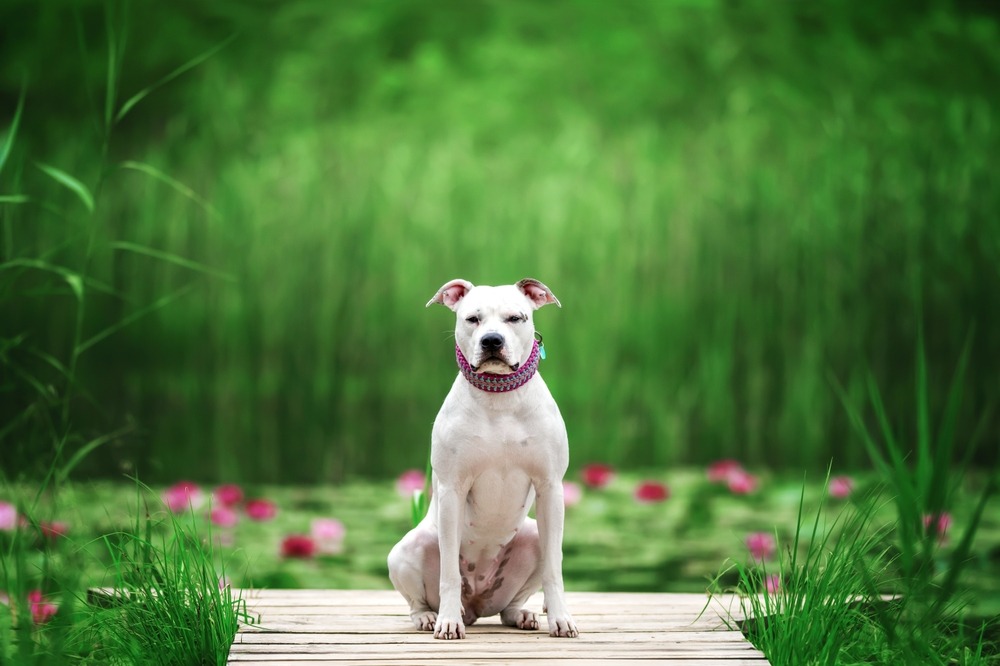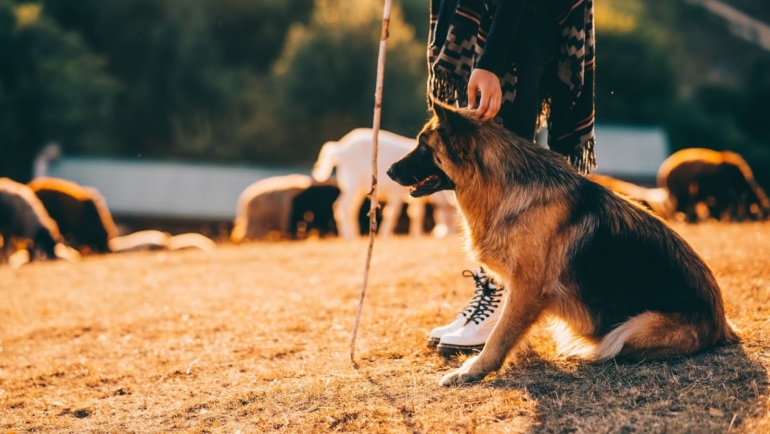
What is a Bulldogs?
Bulldogs is a medium-sized dog known for their muscular build, wrinkled faces, and gentle nature. Originally bred in England for bull-baiting, a practice now thankfully banned, Bulldogs evolved into popular family companions, admired globally for their friendly temperament.
Today, Bulldogs rank among the most beloved dog breeds worldwide, prized for their loyalty and affection, especially with families and children.
Different breeds of Bull dogs
Bulldogs have several unique varieties, each with distinct traits:
- English Bulldog: Known for their stocky build and wrinkled face, they’re gentle yet stubborn companions.
- French Bulldog: Small and lively, famous for their bat-like ears and playful, friendly behavior.
- American Bulldog: Athletic, strong, and protective; ideal for active families who enjoy the outdoors.
- Olde English Bulldogge: Athletic yet calmer than the English Bulldog, bred to have fewer health issues.
- Australian Bulldog: Adaptable, affectionate, bred specifically for Australian climates.
- Victorian Bulldog: Gentle, healthy breed, designed to closely resemble early Bulldogs without common health concerns.
- Alapaha Blue Blood Bulldog: Rare, alert breed valued for protective instincts and loyalty.
Bulldog Life Expectancy by Breed
Different Bulldog breeds have varying lifespans:
- English Bulldog: 8–10 years
- French Bulldog: 10–12 years
- American Bulldog: 10–15 years
- Olde English Bulldogge: 11–14 years
Factors Affecting Bulldog Lifespan: Genetics, overall health care, proper nutrition, regular veterinary visits, and exercise significantly impact a Bulldog’s lifespan. Providing routine care and attention helps extend their years and enhances quality of life.
Bulldog Personality by Breed
Each Bulldog breed offers a distinct personality and energy level:
- English Bulldog: Calm and affectionate, but can be stubborn, making consistent training important.
- French Bulldog: Playful, sociable, great for apartment living due to moderate exercise needs.
- American Bulldog: Confident, protective, energetic, ideal for active families seeking loyal guard dogs.
- Olde English Bulldogge: Loyal and athletic, friendly and more energetic than English Bulldogs, ideal for moderately active owners.
Knowing these differences helps choose the breed best matching your lifestyle.
Why Do Bulldogs Have Different Colors?
Bulldogs come in various coat colors because of genetic diversity. Common Bulldog coat colors include:
- Brindle: Striped pattern with dark and lighter hairs.
- Fawn: Tan or golden shade.
- White: Solid white coats or mixed with other colors.
- Red: Rich reddish-brown coats.
- Blue: Diluted gray-blue tones, highly valued.
- Black: Solid black coats, relatively uncommon.
Rare colors like lilac and chocolate result from recessive genes, making them highly sought after by enthusiasts.
What Do Bulldogs Eat?
Providing proper nutrition is vital to a Bulldog’s health. A balanced diet should contain proteins, healthy fats, carbohydrates, vitamins, and minerals.
- Balanced diet tips: Choose high-quality commercial dog food formulated for Bulldogs or medium-sized breeds.
- Foods to avoid: Chocolate, grapes, onions, garlic, excessive dairy products, and any food high in fats or sugars.
- Food sensitivities: Bulldogs commonly have sensitive stomachs and skin allergies, making grain-free or hypoallergenic diets beneficial.
- Puppy vs adult feeding: Puppies require more frequent meals (3–4 times daily) rich in nutrients, while adults typically eat twice daily.
Common Health Issues in Bulldogs
Bulldogs have breed-specific health concerns requiring awareness and preventative care:
Breathing Problems
Due to their short noses and compressed airways (brachycephalic breeds), Bulldogs often experience breathing issues. Regular veterinary check-ups and avoiding excessive heat or exercise can reduce risk.
Hip and Joint Issues
Bulldogs frequently suffer from hip dysplasia and arthritis because of their unique build. Providing joint supplements, proper weight management, and moderate exercise helps minimize pain.
Skin Allergies and Infections
Their skin folds trap moisture and bacteria, leading to irritation and infections. Regular cleaning of skin folds with veterinarian-approved wipes or gentle cleansers prevents infections.
Eye Problems (Cherry Eye, Entropion)
Bulldogs may suffer from cherry eye—a protruding third eyelid gland—or entropion, where eyelids turn inward. Regular eye exams and immediate vet visits for unusual redness or swelling are essential.
Obesity and Overheating
Bulldogs easily gain weight, exacerbating joint and breathing issues. Controlled diets and regular, moderate exercise prevent obesity. Additionally, their sensitivity to heat requires avoiding strenuous activity during hot weather to prevent overheating.
Is a Bulldog Right Pet for You?
Bulldogs are loving, loyal companions, ideal for individuals and families who appreciate their gentle yet sometimes stubborn nature. Each breed varies in temperament, health needs, and energy levels, making it essential to consider your lifestyle carefully.
Owners suited to Bulldogs:
- Families seeking affectionate pets.
- Individuals with moderately active lifestyles.
- Apartment dwellers (especially French and English Bulldogs due to lower exercise needs).
Final tips:
Before choosing a Bulldog, research breed-specific health requirements, consult reputable breeders or shelters, and prepare your home for their unique needs. With proper care, Bulldogs make excellent lifelong companions.



